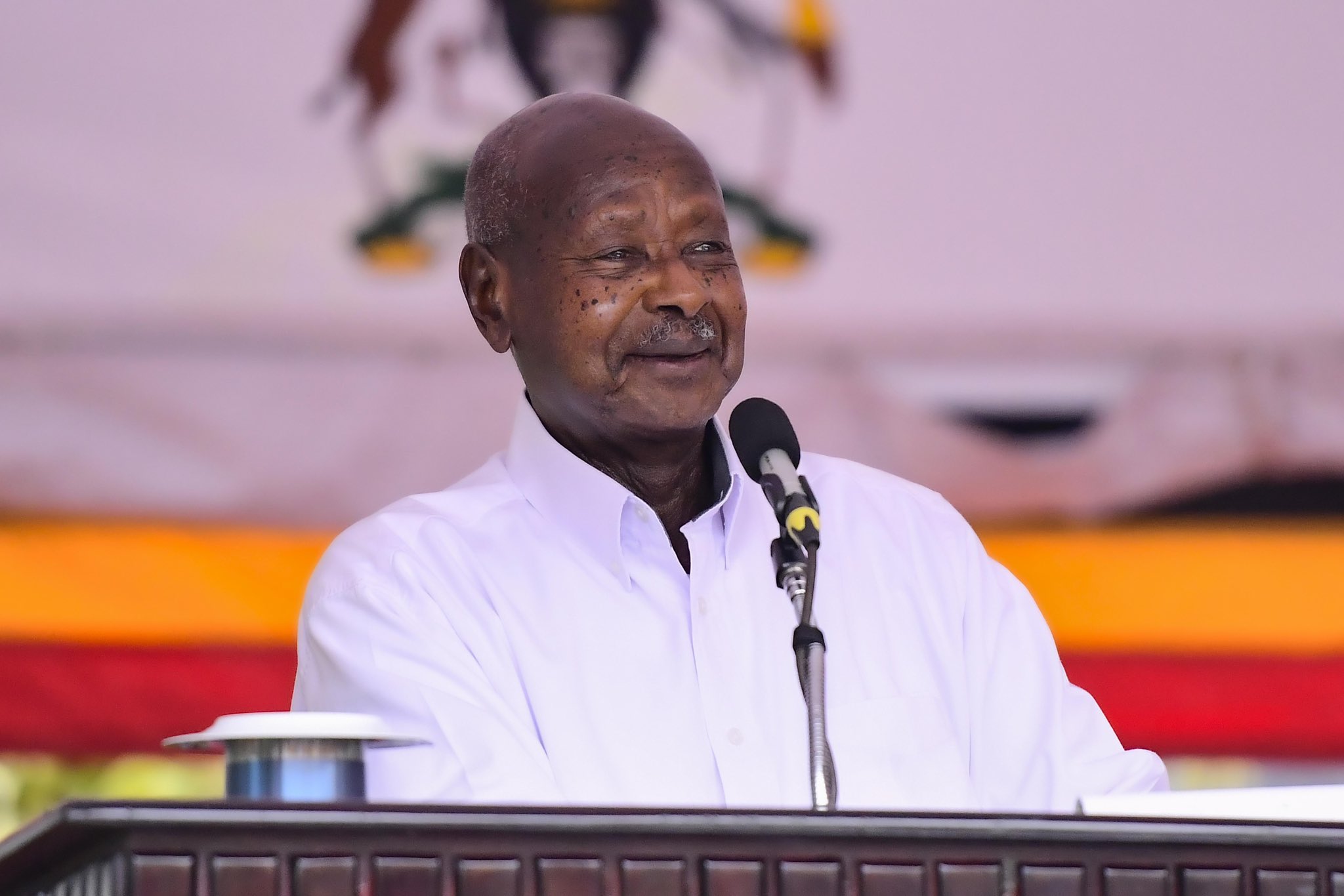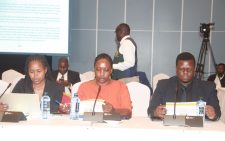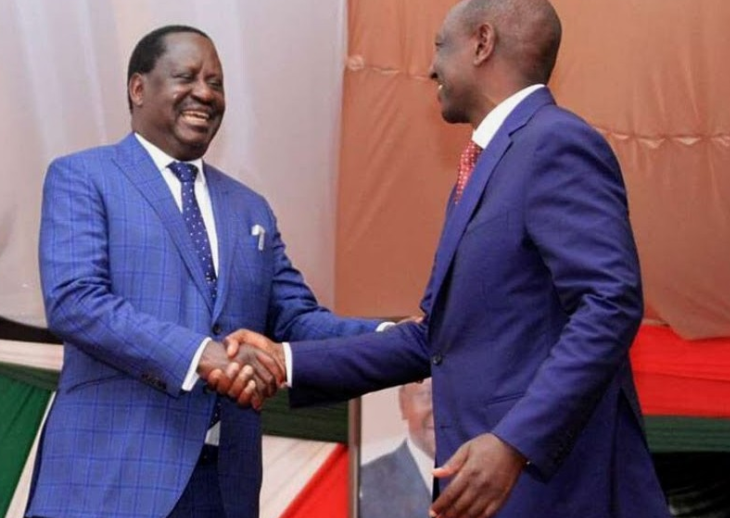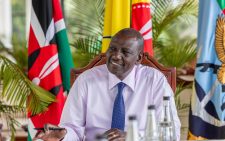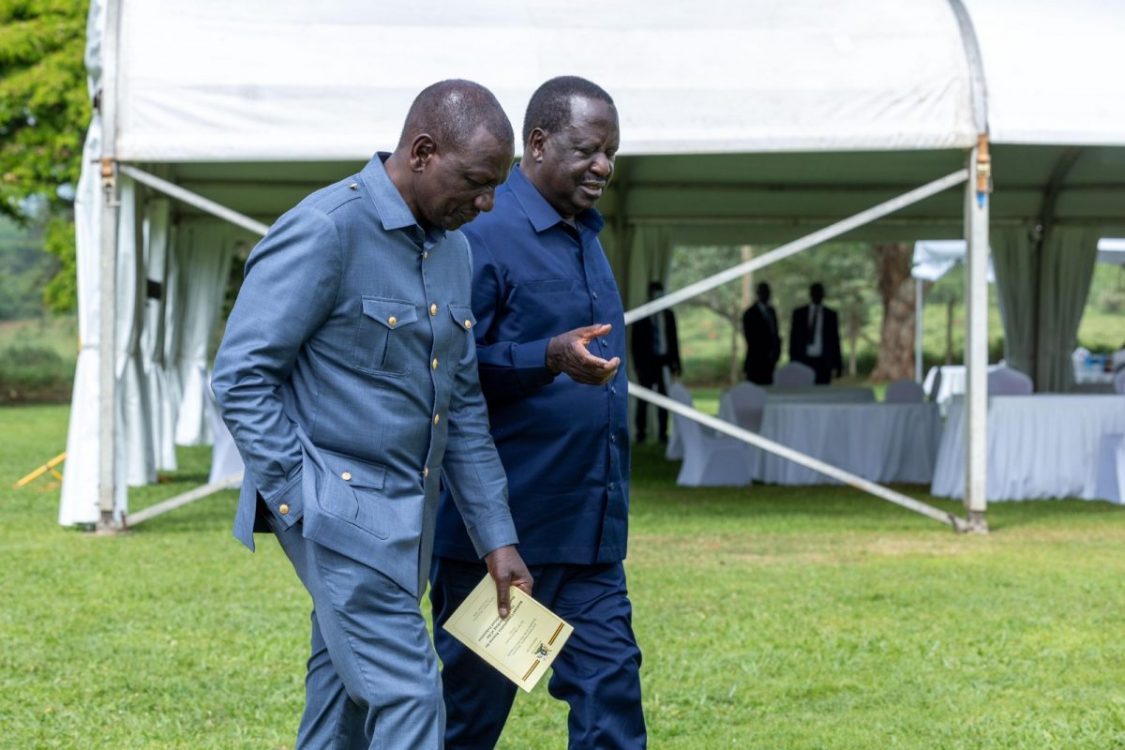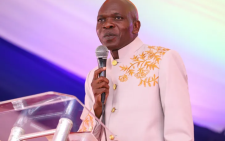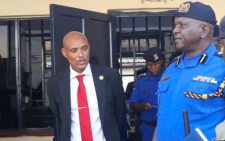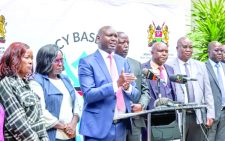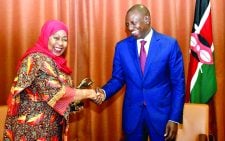Parliament must always speak for the people
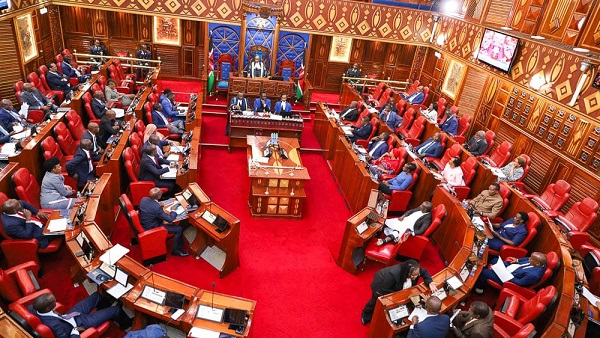
In the hallowed chambers of both Houses of Parliament are inscribed the words: “For the Welfare of the Just Government of Men and Women.”
At certain periods since Kenya became a Republic, the Legislature has stood up to speak for and defend the people, even when its voices were very few and under very difficult circumstances. At one moment especially during the one-party Kanu regime, bold, resolute and principled sons and daughters of this country stuck out their necks for the rights of the oppressed, if not suppressed, citizenry. That is no longer the case.
Names of fearless debaters and defenders of truth such as JM Kariuki, Jaramogi Oginga, Martin Shikuku, Jean Marie Seroney, Chibule wa Tsuma, Masinde Muliro, Koigi wa Wamwere, Chelegat Mutai, George Anyona, Wasike Ndombi, Mark Mwithaga, Waruru Kanja, James Orengo, the late Lawrence Sifuna, Agnes Ndetei, Abuya Abuya, Elijah Mwangale, Joshua Angatia, Kimani wa Nyoike, Phoebe Asiyo, Raila Odinga, Dr. Oki Ooko Ombaka, Anyang’ Nyong’o, Kiraitu Murungi, Maalim Farah, Mukhisa Kituyi, Wanyiri Kihoro and Benjamin Dubai, shall forever be embedded in our history as its foremost nationals who stood up to be counted in Parliament.
They are true patriots of the Kenyan nation. Today, the Legislature lacks such men and women of courage, vision and commitment. Instead, we have a whole lot of talking machines whose prime objective is to play sycophancy to, and legwork for, their political party leaders and subservience to the super rich while at the same time scrambling to line their pockets. They have no vision or national agenda in their debates.
Fire-spitting South African Opposition leader Julius Malema was in Kenya towards the end of last year as a guest of Lukenya University where he inaugurated its Pan-African Institute. In his speech, and others later, Malema lived to his billing.
He spoke his mind, left some Kenyans bitter while others excited but the country’s political class remained mute on all the matters he talked about so loudly.
Malema denounced the scorched-earth brutalisation of Palestinians in the Gaza Strip by the Jewish State of Israel in the ongoing bloody war between the two sides, he wondered by King Charles III of the United Kingdom who had a few days earlier been accorded a red-carpet welcome by the Government of President William Ruto when in fact the British government had visited dehumanising horrors against the people of Kenya, especially the Mau Mau freedom fighters, during the time when the monarch government colonised the East African country.
One does not need to agree with Malema. However, I am sure that were an opinion survey to be carried, most Kenyans would support him with an overwhelming majority. At least former PM Raila made his stand known on the Israel-Hamas conflict. Strangely, in Parliament which should be the loudest of voices of the people only Nyali MP Mohammed Ali (through a street demonstration in Mombasa) and his Dadaab counterpart Maalim (via a TV talk show) made their feelings on the matter known, though outside the precincts of the Legislature.
While addressing an inter-continental forum in Ghana two months ago, Prime Cabinet Secretary Musalia Mudavadi floated the case of reparations by the European powers arising from their colonial administrations in Africa and the Caribbean and Americas.
Yet, when King Charles was in Kenya a fortnight earlier, no single Kenyan leader – both from the government or Opposition could muster the courage to tell him what Mudavadi – who coincidentally was with the monarch at every function during his four-day visit to Kenya – said in Ghana. Only pockets of the civil society were brave enough to publicly state their position, which the King ignored anyway.
When the spine-chilling Finance Act was taken to the National Assembly for debate last June, the lawmakers on the Government side – save for Gathoni wa Muchomba of Githunguri – gave the Finace Bill a clean bill of health while those in the Opposition boycotted plenary sittings and opted to go and whine in funerals, churches and public barazas. They still do. Our MPs are an irritating baggage.
- The writer is the Revise Editor, People Daily. wayeram@yahoo.co.uk.com
